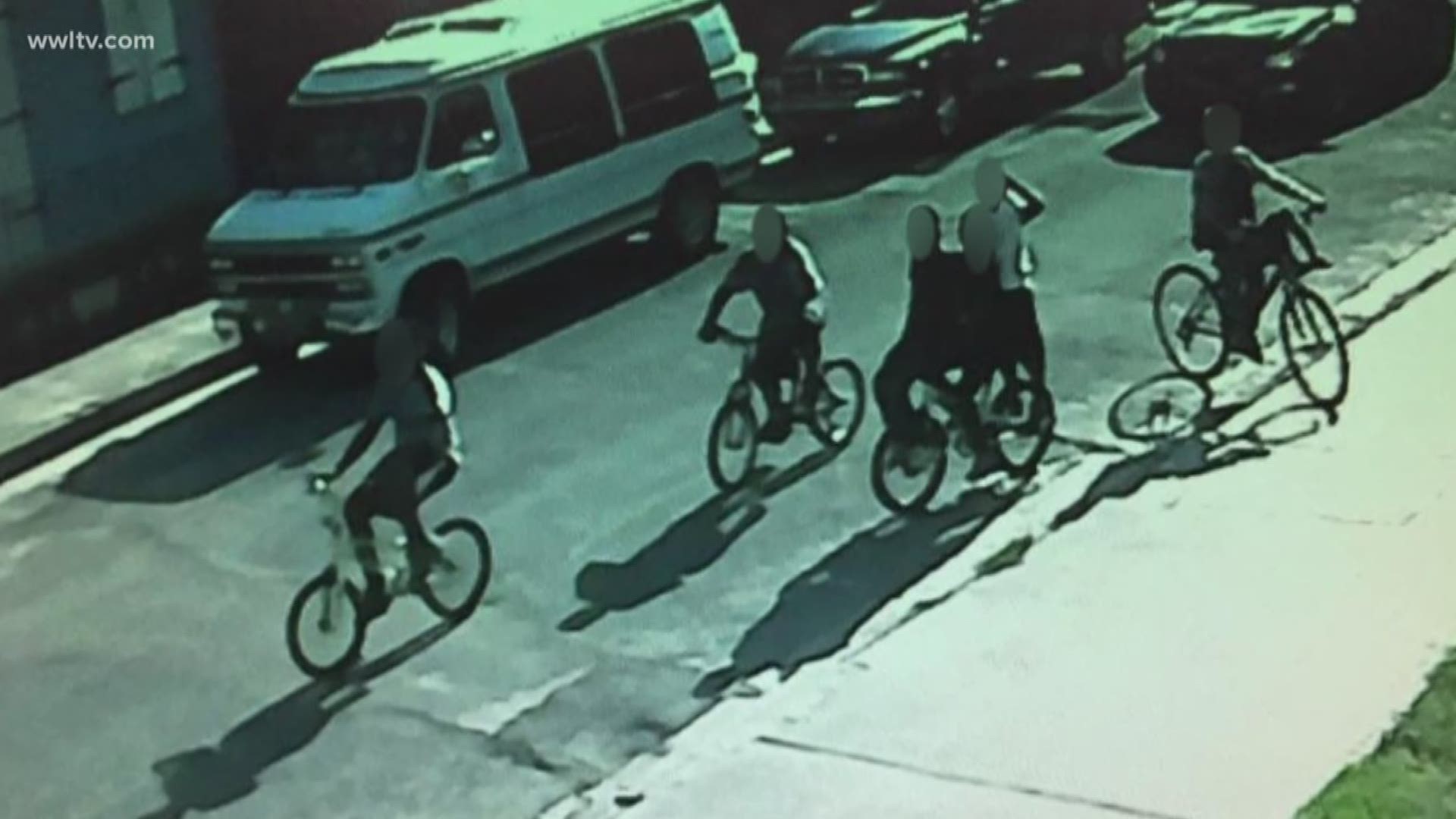NEW ORLEANS - New Orleanian Kevin Griffin Clark knows what can happen if you choose the wrong path.
"At the age of 10 years old, I was sentenced to five years of juvenile incarceration," Clark said.
But with the help and guidance from people in his hometown he left that life behind.
"When I came home a man by the name of Shawn Vonadeaux and Troy Moore, they grabbed me by the hand and just kind of led me into the life that i'm doing now," Clark said.
In addition to being an entrepreneur he spends hours mentoring children. But he says reforming the Juvenile Justice System goes far beyond helping our youth.
"If you look into their households, their parents aren't doing as well, or whoever their guardian is. We can't just help the young people and think that's it. We have to help the entire family," Clark said.
Mayor LaToya Cantrell says Juvenile Reform remains one of her top priorities.
"I've told the Chief we definitely have to do some things differently. You've seen me focus on juvenile crime, in regards to our juvenile jail. I'm taking that very seriously," Mayor Cantrell said.
Cantrell signed an Executive Order in May creating The New Orleans Gun Violence Reduction Council. What exactly that council will do right now, is unclear.
"The public will see very soon a round up. And i'm not going to go into much detail right now, but we've been working," Mayor Cantrell said.
On Oretha Castle Haley, August Collins with the Youth Empowerment Project, or YEP, dedicates his life to changing lives as a Juvenile Justice Program Specialist.
"We see well over 1,000 kids in and out, throughout our program and across the region that we work with," Collins said.
The program places a strong emphasis on employment. It's there young people get training for jobs and take part in fundamental programs.
"It's going to take more than a quick fix effort. It's difficult. And it's not an easy process but if we stick together and value each other, you know, we can move forward," Collins said.
Mayor Cantrell she also wants to do more to help those on probation and those on parole so that when they do re-enter society, they don't fall back into that lifestyle.

